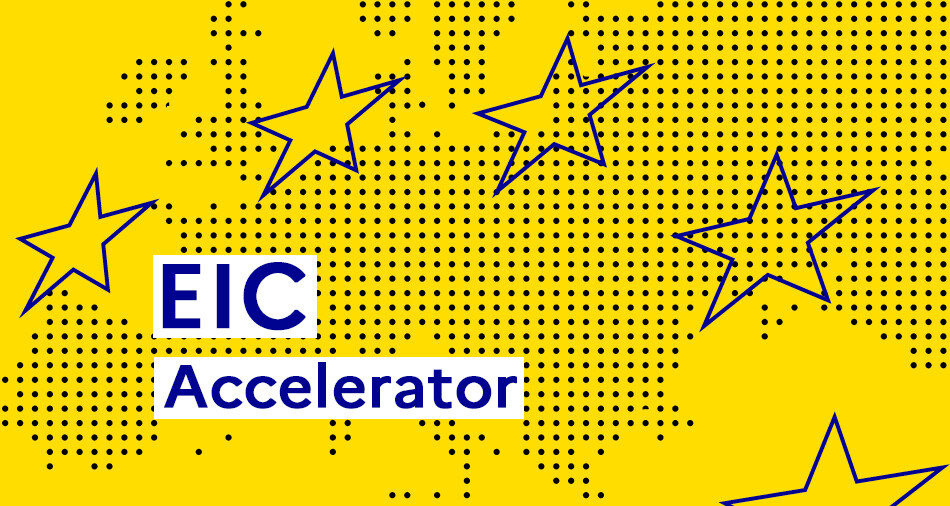ExpectedOutcome:
In the coming years, user-centric design, predictive control and artificial intelligence will offer significant opportunities to improve both the design and the operation of electric vehicles (EV) to make them more affordable, efficient and offer an even more attractive driving experience. This includes particularly the potential for improved thermal energy management, ranging from the HVAC system and components to powertrain and vehicle interior thermal design. Project results are expected to contribute to all the following outcomes:
- Accelerated uptake of affordable and more energy efficient electric vehicles (EVs) through the development of innovative and holistic user-centric solutions, optimized system concepts and components sizing.
- Increase comfort and safety (e.g. de-misting) functions’ effectiveness and leading to a real world range increase of 20% (compared to the chosen State of the Art donor vehicle or demonstrator) at external temperature of 0 degrees Celsius
- Component sizing and performance matched to vehicle reliability and performance requirements to reduce costs by at least 5% at vehicle level.
- Reduced development time at vehicle systems and components by 30% through the use of Artificial Intelligence (AI) for advanced design support and control algorithms in EV holistic thermal management and powertrain systems.
Scope:
This topic’s scope relates to both the operational perspective (especially intended vehicle usage, as well as user behaviour, preferences, route planning, infrastructure, weather conditions, etc.) and the technological perspective, addressing new concepts and components, their efficiency, as well as new approaches based on artificial intelligence (AI) employed in design, development and controls, and the potential of cloud-based solutions.
Proposals should involve all relevant stakeholders and are expected to address all of the following aspects:
- Development of optimised heating/cooling and demisting concepts and components capable of greatly reducing energy consumption to perform these functions, particularly when coupled with smart controls.
- Development of methods to automatically pre-condition vehicles prior to trips and enabling self-adjusting control strategies during operation. This includes vehicle systems, powertrain electric and thermal management based on AI supported learning/analysis of EV user driving patterns, travel route conditions and weather conditions to maximise the range benefit.
- Data driven decision making enabling optimal interior design fulfilling perceived driver needs, as well as, e.g., AI supported adjustment of operation and controls of the system including of powertrain and auxiliary, components and their thermal state as well as cabin comfort to avoid peak loads and ensure minimum energy consumption.
- Identify the optimal system layout and possible interactions through multiple scalable digital twins (thermal modelling of vehicle, powertrain, components and the driver).
- New modular interoperable systems to enable the use of real-life data from vehicle fleet operation to automatically (pre-)adjust control parameters and minimize engineering effort in calibration stage as well as to maintain optimal performance over vehicle life-time, e.g., to enable continuous learning of the applied AI and adaptability to work on-board in “real-time” control systems, while considering the access needs of third parties for services such as repair and maintenance. Protection of users’ data must be guaranteed.
This topic implements the co-programmed European Partnership on ‘Towards zero emission road transport’ (2ZERO). As such, projects resulting from this topic will be expected to report on the results to the European Partnership ‘Towards zero emission road transport’ (2ZERO) in support of the monitoring of its KPIs.
Specific Topic Conditions:
Activities are expected to achieve at least TRL 6 by the end of the project – see General Annex B.





